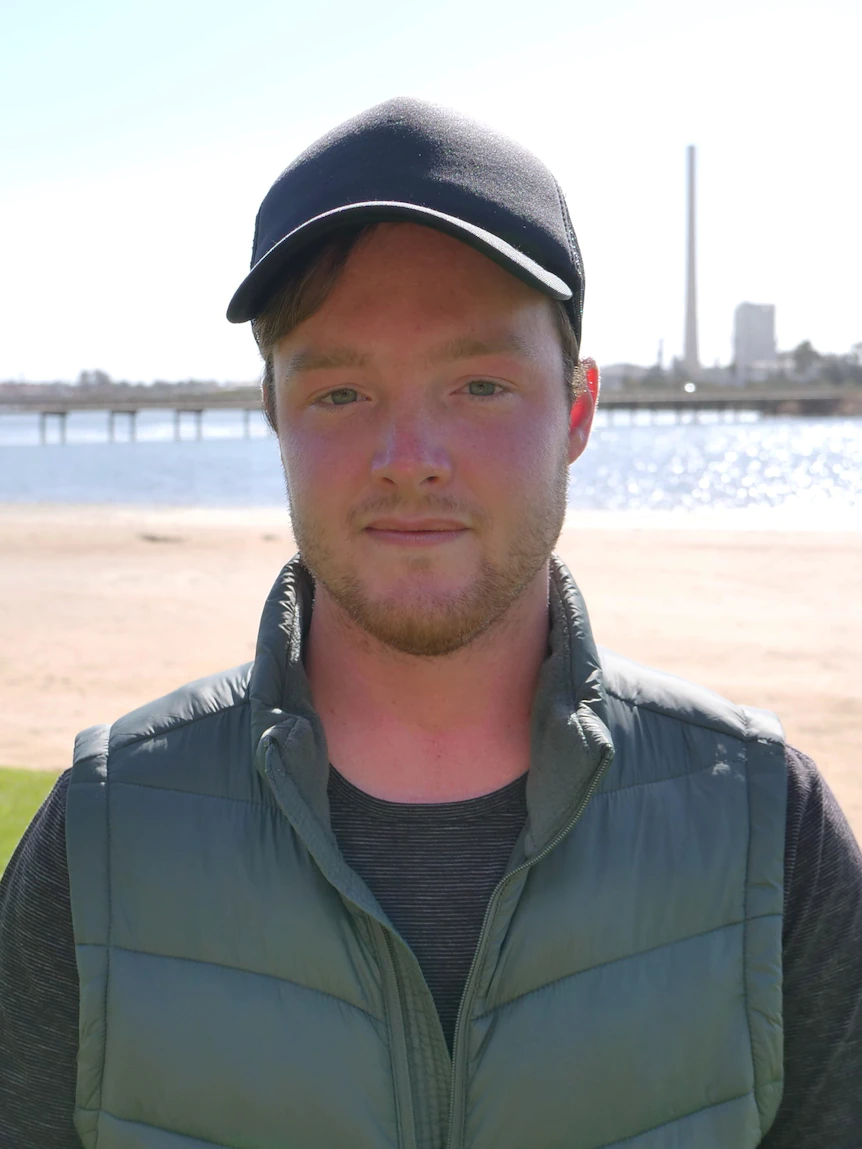It can be hard to make friends as an adult in regional Australia, and even harder if you are autistic.
Key points:
- Dylan Cassidy has been yelled at, sworn at and taken advantage of whilst trying to make friends
- An expert says it’s a numbers game when it comes to making friends for a neurodiverse person in regional areas
- Dylan finds a creative outlet through his photography
Dylan Cassidy is 25 and lives with the neurodiverse conditions of ADHD and autism and says he has always had personal hurdles to overcome.
“I have struggled to deal with what I have and to be able to properly understand me,” he said.
Mr Cassidy said he had always had a hard time making friends, starting at school age.
“I did eventually get really angry and left school and couldn’t finish high school.
“I find it hard to understand what friends want — activities they want to do and stuff like that.”
Supplied: Dr Anna Moffat
)
How to make friends
Psychologist Anna Moffat, an autism expert at disability care provider CARA, says neurotypical people have an easier time making connections with people.
She says neurotypical — or non-neurodivergent — people typically have connections that fall into three main groupings.
“[Then] we’ve got quite a few people in a social network of friendships who you might see semi-regularly.
“Then we’ve got this third circle called the participation network — these are people we get to know through work, sporting organisations or religion and community groups we might be a part of.”
She said people who made it to the inner circle of intimate friends often came from the participation network.
“They have fewer opportunities to bring people that they meet into a friendship or that tight inner circle of intimate relationships.”
Supplied: Dylan Cassidy
)
Putting yourself online
Mr Cassidy has found the only way to try and connect with people is through social media.
“I’ve tried making friends online but I’ve had people take money off me,” he said.
Mr Cassidy has used his keen interest in photography as a way to make connections online.
But he said that too led to problems and he had to report someone to the police who offered to further his photography, then took advantage of his trusting nature.
Dr Moffat was not surprised to hear about a vulnerable member of the community being taken advantage of.
She said friends, family and support workers could offer help on what was and was not healthy in a friendship.
“[They can consistently check] to make sure that people with disabilities are supported to have awareness of some of the signs [that] things may not be exactly as they seem,” Dr Moffat said.
“And try to reduce that sense of vulnerability.
Mr Cassidy said he already has an idea of what makes a healthy friendship and a good friend.
“Being caring, respectful and getting along with one another,” he said.
Loading
Posted , updated




